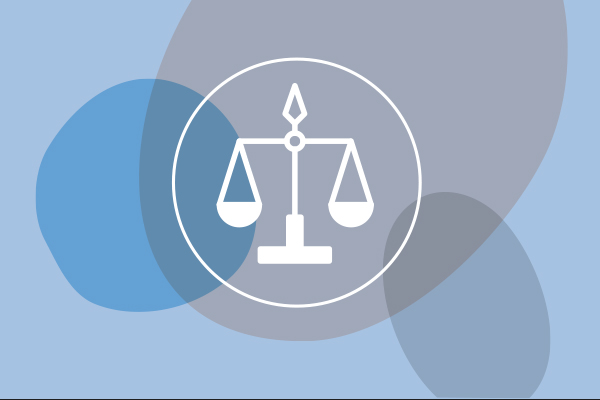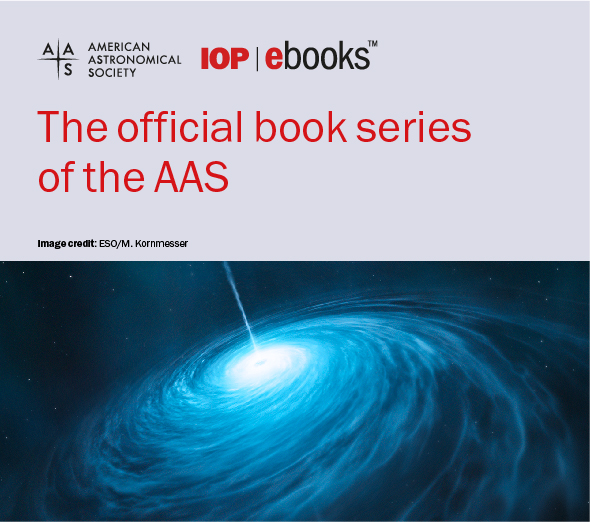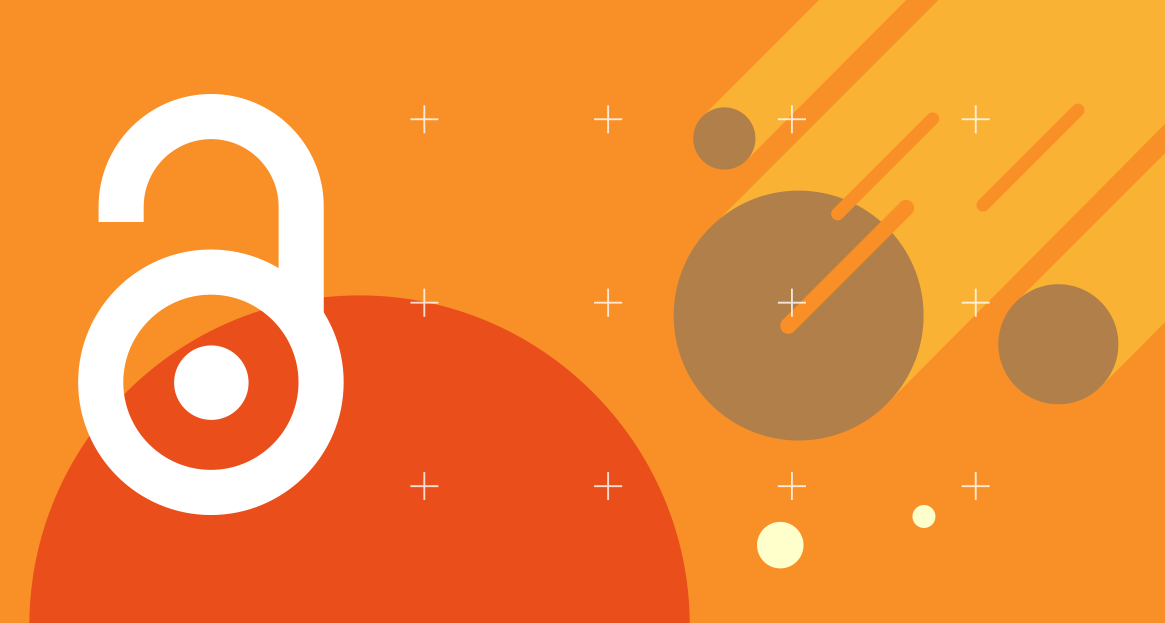A special issue of the Bulletin of the American Astronomical Society (BAAS) features 522 white papers offering input from the scientific community to inform the Planetary Science and Astrobiology Decadal Survey 2023-2032. This study, conducted by the National Academies for NASA and the National Science Foundation (NSF), is assessing key scientific questions in planetary science and astrobiology and working to identify priority medium- and large-class missions and other initiatives to address these questions.
AAS Publishes White Papers for Planetary Sciences Decadal Survey
11 June 2021

The decadal survey committee, co-chaired by Robin M. Canup (Southwest Research Institute) and Philip R. Christensen (Arizona State University), solicited community input in all relevant areas, including theory, computing, technology development, laboratory studies, planetary defense, and human exploration activities. The 522 white papers (plus a small number of others whose authors opted out of publication) constitute a major part of that input. Based on these documents, along with feedback provided at town halls, topical panel discussions, and other meetings, the survey committee will present a comprehensive research strategy in planetary science and astrobiology for the 2023-2032 time frame.
Preparing the white papers for publication in BAAS was a significant undertaking, similar to that required to publish 867 white papers in two batches (#1, #2) for the Decadal Survey on Astronomy and Astrophysics 2020 (Astro2020) in 2019. Peter K. G. Williams, AAS Innovation Scientist and WorldWide Telescope director at the Center for Astrophysics | Harvard & Smithsonian, described the earlier ordeal in an entertaining article entitled “Publishing Is Hard!” and experienced plenty of déjà vu while working on the new collection of white papers, though he was able to apply some “lessons learned” from the Astro2020 experience to smooth the process.
“Many people think of publishing as a no-brainer kind of job — just taking someone’s text, perhaps doing a bit of copyediting, and putting it online,” says Williams. “But there’s a lot more to it. Tasks such as making sure authors’ names are entered correctly in the behind-the-scenes metadata simply can’t be automated, so humans have to do them.” For example, some authors’ names appear with hyphens in some places and without hyphens in others. And in some cultures, last names are written before first names rather than the other way around. Sorting this out is not always easy.
This time around, the AAS Publishing team was able to use new features in the PubPub software that underlies BAAS to offer a proofing stage for authors to catch mistakes earlier in the process. “Publishing a large collection of papers like this always takes some work,” says Williams, “but we view it as an important community service and are happy to do our part!”
Originally published by Rick Fienberg at https://aas.org/posts/news/2021/06/aas-publishes-white-papers-planetary-sciences-decadal-survey




